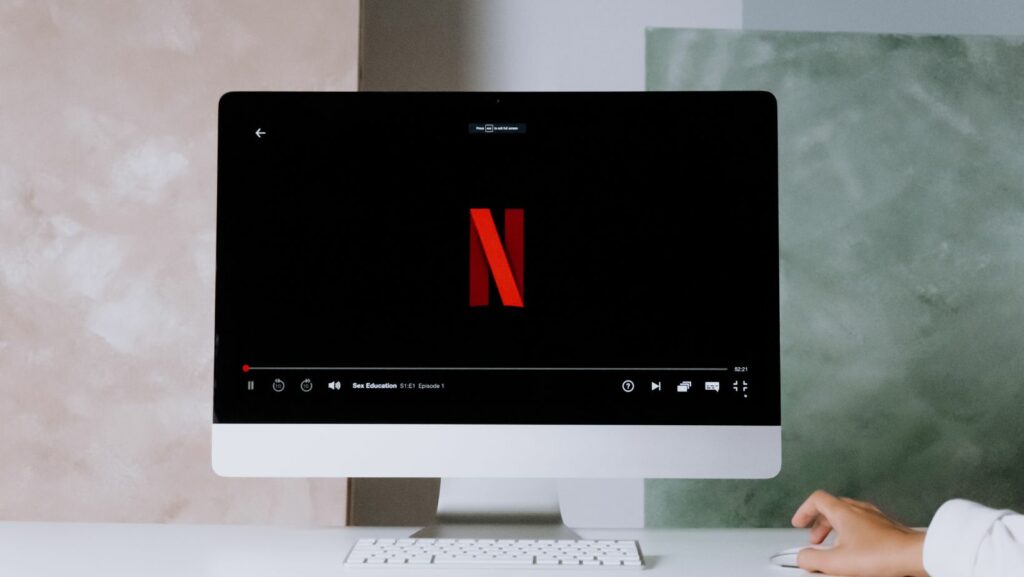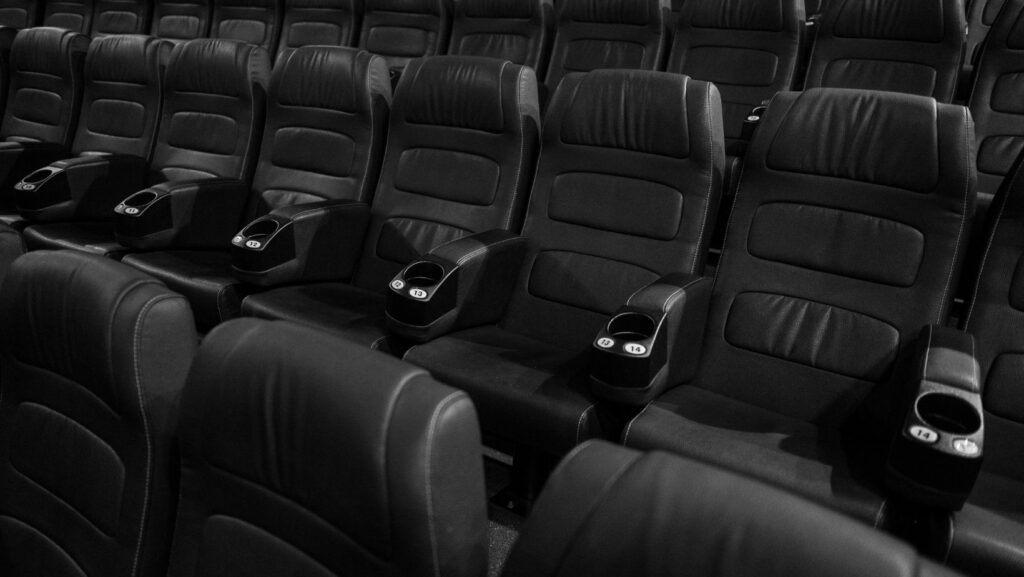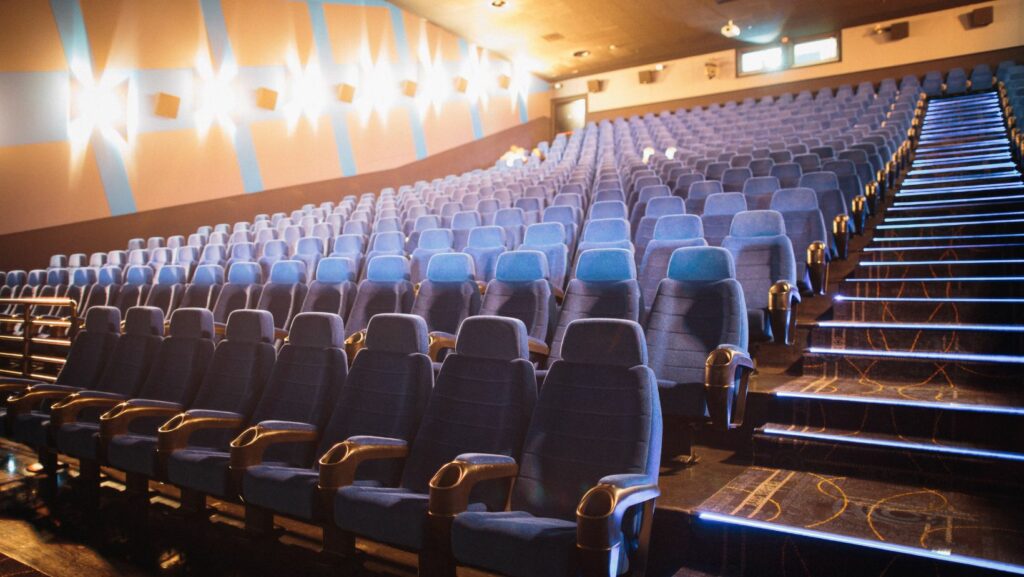Modern Movie Classics
In the ever-evolving world of cinema, certain films transcend their release dates to become modern classics, captivating audiences and critics alike. These movies redefine genres, introduce groundbreaking storytelling techniques, and leave a lasting impact on popular culture. As the film industry continues to innovate, identifying these modern classics becomes both an art and a science, blending box office success with critical acclaim.
From heart-wrenching dramas to mind-bending sci-fi adventures, modern classics resonate with viewers long after the credits roll. They spark discussions, inspire creative pursuits, and often set new standards for filmmaking. As audiences seek stories that challenge, entertain, and move them, these films stand out as timeless gems in a vast cinematic landscape.

Exploring the essence of what makes a movie a modern classic offers insights into the cultural zeitgeist and the evolving tastes of moviegoers. It’s a journey through unforgettable narratives, iconic performances, and visionary direction that continue to shape the future of film.
Defining Modern Movie Classics
Modern movie classics possess distinct characteristics that set them apart within the cinematic landscape. They feature innovative storytelling that breaks traditional narrative structures, creating fresh and engaging experiences for audiences. Directed by visionary filmmakers, these films often showcase unique visual styles and groundbreaking special effects, contributing to their standout appeal.
Iconic performances play a crucial role in defining modern classics. These performances capture the essence of characters in ways that resonate deeply with viewers, ensuring their lasting impression on popular culture. Notable examples include Heath Ledger’s portrayal of the Joker in “The Dark Knight” and Meryl Streep’s role in “The Devil Wears Prada.”
Additionally, modern classics impact genre conventions by either redefining or revitalizing them. They challenge stereotypes and introduce new perspectives, influencing subsequent films. Quentin Tarantino’s “Pulp Fiction” exemplifies this with its non-linear storytelling and memorable dialogue.

Moreover, modern movie classics often address relevant social themes. They spark meaningful discussions and encourage viewers to reflect on contemporary issues. Films like “Get Out” and “Parasite” highlight social inequalities and cultural tensions, prompting broader societal conversations.
Modern movie classics combine groundbreaking narratives, influential performances, and cultural relevance to leave an enduring impact. These films resonate with audiences across generations, proving that their contribution to cinema is both significant and timeless.
Iconic Films of the Late 20th Century
The late 20th century saw the emergence of iconic films that set new standards in cinema. These movies offered groundbreaking narratives and distinctive cinematography, becoming timeless masterpieces.
Influential Directors and Their Works
Esteemed directors left indelible marks with their visionary direction. Martin Scorsese’s “Goodfellas” (1990) encapsulated the essence of organized crime with raw, dynamic storytelling. Quentin Tarantino’s “Pulp Fiction” (1994) revolutionized narrative structure with its non-linear storyline and sharp dialogue, influencing a generation of filmmakers. Steven Spielberg’s “Schindler’s List” (1993) showcased the director’s ability to blend historical context with profound emotional depth, earning critical acclaim and audience admiration.
Breakthrough Performances
Unforgettable performances defined this era, capturing the attention of both critics and audiences. Anthony Hopkins delivered a chilling portrayal of Hannibal Lecter in “The Silence of the Lambs” (1991), solidifying the character as one of cinema’s most iconic villains. Jodie Foster’s role in the same film demonstrated versatility and strength, earning accolades for her portrayal of a determined FBI trainee. Tom Hanks captivated audiences with his heartfelt performance in “Forrest Gump” (1994), a role that solidified his status as a leading actor. These performances continue to resonate, testament to their lasting impact on the industry.

Modern filmmakers push boundaries with unique storytelling techniques and groundbreaking visuals. Christopher Nolan’s “Inception” revolutionizes narrative structuring with its multilayered plot. Guillermo del Toro’s “Pan’s Labyrinth” combines fantasy with historical elements, creating a visually striking and emotionally resonant experience. The use of computer-generated imagery (CGI) in James Cameron’s “Avatar” set new standards in visual effects, making immersive worlds a reality. These innovations captivate audiences, ensuring these films’ places in cinematic history.
Films like “Avatar” not only break box office records but also gain critical acclaim, highlighting their cultural impact. Marvel’s “Black Panther” earns over $1.3 billion globally, becoming a cultural phenomenon with its celebration of African heritage and diversity. “The Lord of the Rings: The Return of the King” sweeps the Oscars with 11 wins, thanks to its epic storytelling and performances.

